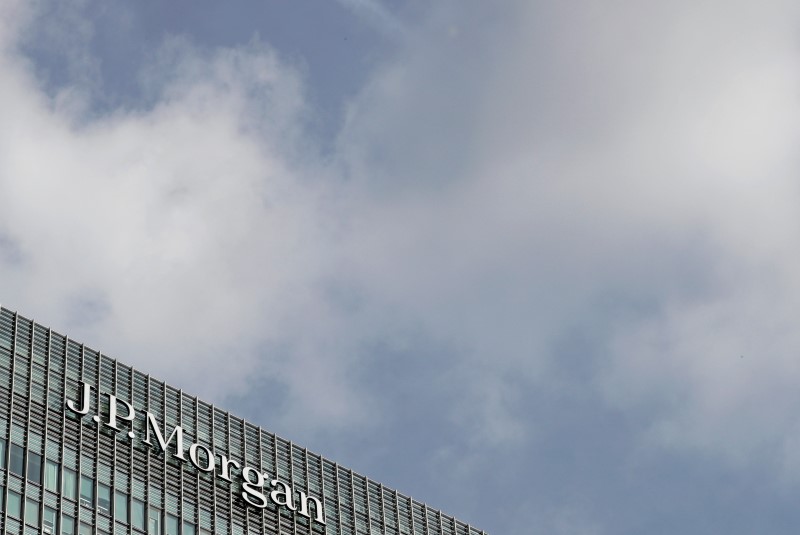Nvidia pushes back on AI bubble narrative as Blackwell drives Q3 beat, shares jump
The US and Japan continue to lead other markets in terms of performance so far this year, while growth stocks are outpacing value stocks, and large-cap companies are outperforming their small-cap counterparts across all major regions, JPMorgan strategists pointed out in a Tuesday note.
“We continue to believe that this style of leadership will broadly stay the case for a while longer, until there is a break, or a reset, in the cycle,” JPMorgan’s team noted.
“For Value, commodities, low Quality, small caps, EM or International stocks to begin leading more sustainably one needs to see a reflationary backdrop, in our view, but we could have the opposite,” they added.
Meanwhile, JPMorgan Fixed Income strategists predict a decline in bond yields in the second half of the year, despite a rise in inflation swaps and negative term premia indicating market complacency towards inflation risk.
This complacency is widening the discrepancy between Federal Reserve futures and the equity market. After a nearly 30% rally in equities since last October, driven by early expectations of a Federal Reserve policy shift, these expectations have reverted, showing a market misinterpretation of the Fed's intentions.
The current market sentiment suggests an expectation of growth acceleration in the latter half of the year, yet earnings projections for 2024 remain stagnant. Moreover, the market is underestimating recession risks whilst cyclicals sit at record highs against defensives, reminiscent of the post-Global Financial Crisis recovery.
“That is unlikely to be the template this time around, and could act as a headwind. The next time bond yields fall we do not believe the market will have as positive a reaction as it did in Nov-Dec - we might revert to a more traditional correlation between yields and equities,” strategists said.
The US forward price-to-earnings (P/E) ratio, at 21x, is notably high, particularly when compared to real yields. The gap between dividend yields and bond yields, which often supports stock valuations, is currently unfavorable in most regions, Japan being the notable exception.
The equities rally that began in November has led to overbought conditions, with sentiment and positioning indicators sitting “near highs,” highlighted strategists.
